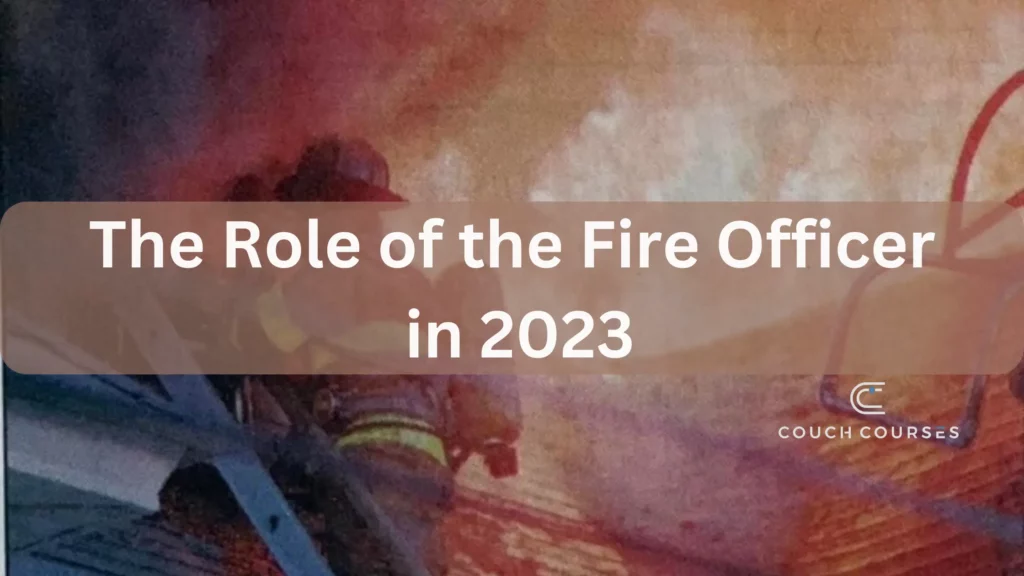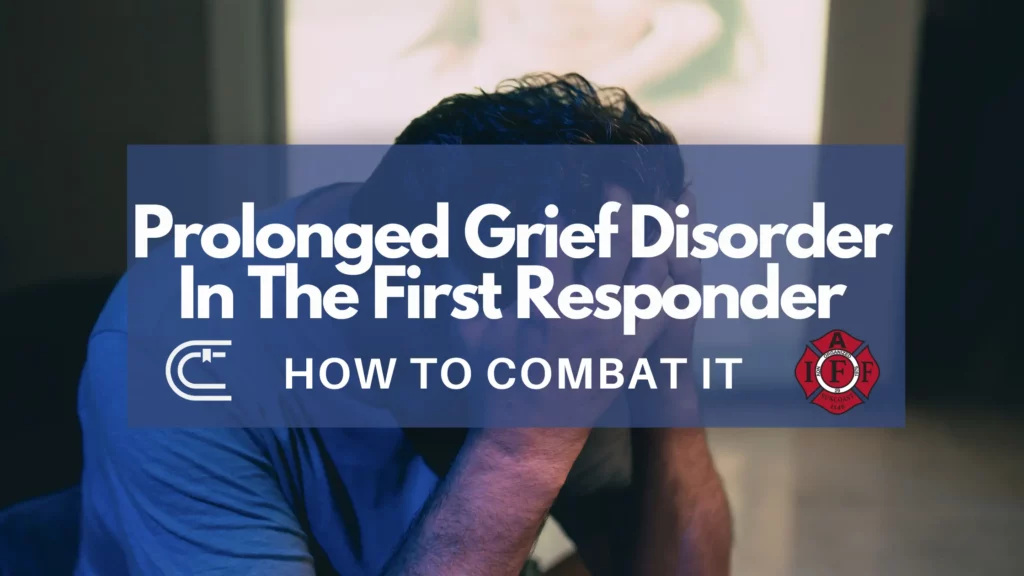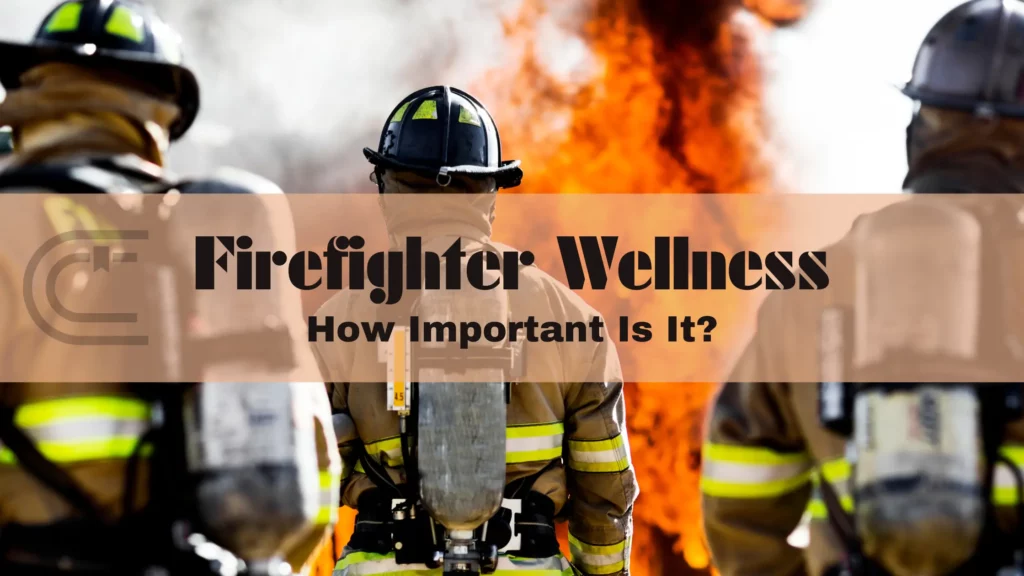Fire Service Culture
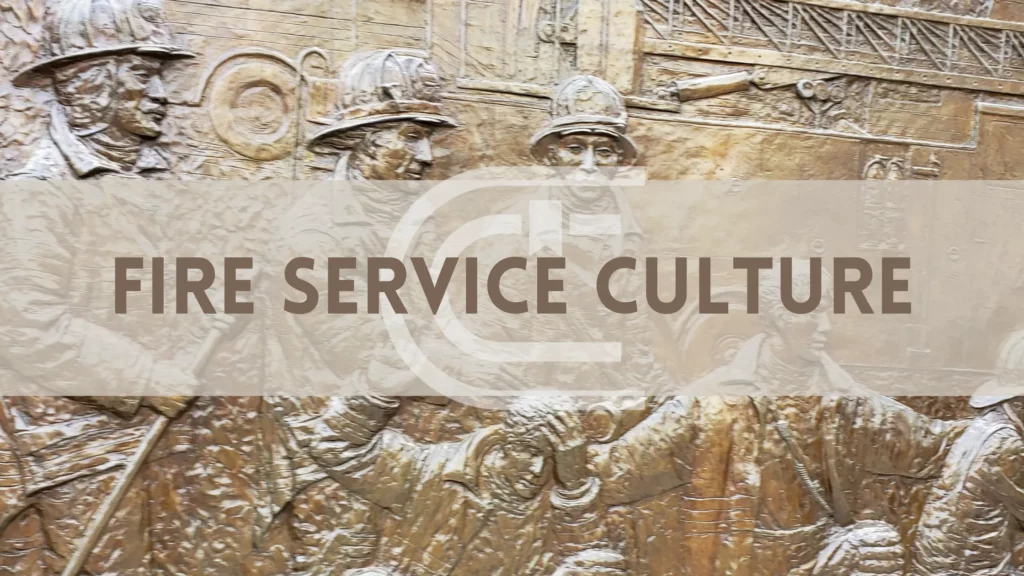
Today we hear the word “culture” as it relates to both private sector companies and public sector organizations such as fire departments, but do we know what it means and what impact we can have on it?
What does the American fire service believe about culture?
In the American fire service, we certainly have our own shared values, beliefs, and customs, and each respective fire service organization has theirs as well.
Hayworth, (2009) felt there was no universal definition of organizational culture but went on to say that some felt culture was the glue of an organization, while others felt it was the compass for an organization.
Edgar Schien felt it was “a pattern of shared basic assumptions that the group learned as it solved its problems of external adaptation and internal integration, that has worked well enough to be considered valid and, therefore, to be taught to new members as the correct way to perceive, think, and feel in relation to those problems” (Hayworth, 2009).
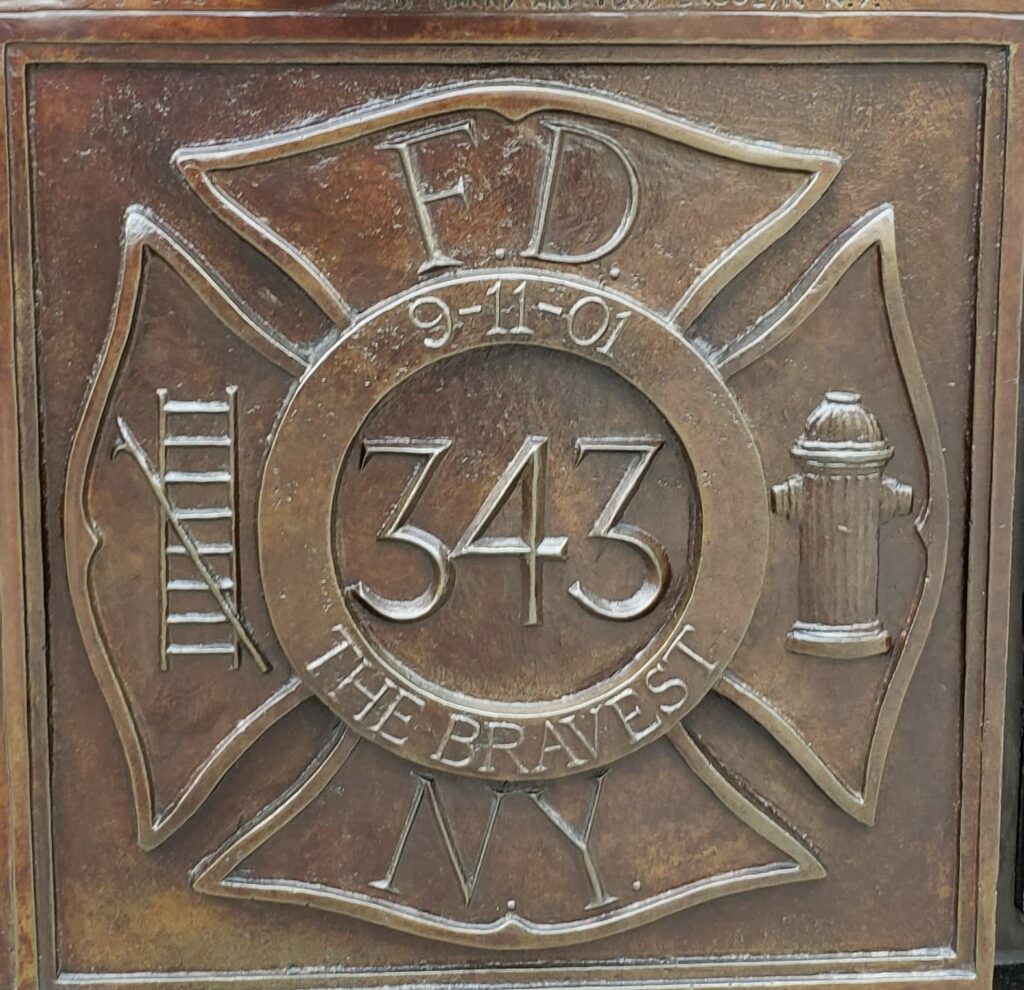
We often hear that an organizational culture is set by the organizational leader. A fire chief who does not promote a positive environment where everyone can thrive can create a negative organizational culture. At the same time a chief who puts his personnel first, promotes a creative, diverse, and learning organization can start the culture in the right direction, but they still need help.
What I believe about fire service culture
I think most of us can agree that organizational culture is the collective values, beliefs, and customs of an organization.
While I do believe that organizational culture starts at the top of an organization, I also believe the organizational culture really comes down to the company, and battalion level officers. Officers are the ones who set the tone for the day or the tour.
Culture in some circles is defined as the behavior the organization’s leader is willing to accept. While the fire chief certainly must set expectations for organizational behavior, who is the first line of defense when it comes to ensuring those expectations are met? The officer!
Consider the following scenario.
Group Y relieves Group X at 0800 hours. During the routine truck check the chauffeur, or engineer, discovers the fuel level of the apparatus is at about half a tank. The department policy says it should be filled when it dips below three-quarters of a tank.
What’s the proper response from Group Y. There are a couple of different ways it can go.
The first way is for the crew to start laying into Group X, calling them lazy, disrespectful, fill in the adjective.
The second way is for the driver to tell the officer, “Capt, we need fuel when we go out”.
Whichever scenario plays out is dependent upon the officers’ reaction in similar past situations, or how they first reacted when found out the fuel was low. The bottom line is, the truck needs fuel, and the public doesn’t care who fills it up as long as it’s ready to go when they need your help.
The bigger picture
We can change the scenario to housework, fire prevention, topping off air bottles or fire extinguishers, training, whatever it is we need to get accomplished to prepare to carry out our mission.
If we look at all the tasks a fire department is responsible for, they can be broken down into three priorities:
- Priority one is responding to emergency calls for service
- Priority two is preparing to respond to emergencies
- Priority three is everything else
How we deal with priorities two and three tells us what kind of culture our organization has and will help us predict how well we will deal with priority one.

Consequences of not seeing the big picture
Right now, you’re asking how this has anything to do with department culture. Well think about it. Preparing to respond to emergencies is a broad area. This would include truck and equipment checks, vehicle maintenance, pre-fire planning, physical fitness, and of course, training, among other tasks. How well or how often we do these tasks impacts the culture, and ultimately the community we serve.
In our scenario, what if?
Group X doesn’t top off the truck and leaves it below the standard benchmark. What happens if group Y doubles down and says, “screw it, we aren’t filling it”? What happens if all they do is complain the whole time about having to fill it, creating more and more animosity among groups instead of just dealing with it and moving on?
This is not to say that group X is in the right.
The group Y officer could and should have a private conversation with the officer from group X about it. But, at that moment what is needed is a strong officer just getting done what needs to be done. Everything else becomes secondary to this priority two task – preparing to respond to emergencies.
What culture do you want?
For those of you who are not yet officers, which officer do you want to work for?
Do you want to work for an officer who cares enough about you and the organization to maintain a strong culture that demands the crew be ready when called upon? Do you care about yourself and crew to demand they be ready to carry out their duties in as safe as manner as possible?
–Or-
Do you want to work for the officer who: complains, doesn’t hold your fellow crew members or themselves accountable, doesn’t insist on training, and hopes everything goes well when the public needs you. Is it more important to be everyone’s friend and not to push them to be better? To complain about administrative decisions and how they don’t care about the firefighter or are incompetent?
The benefits of a positive/strong/driven fire service culture
A strong culture breeds competent people who can carry out the organization’s mission safely, and effectively, like our customers expect. Collectively we can choose what culture we want.
I encourage those of you who are officers to understand the role and impact you have as organizational leaders and to step up.
I encourage those of you who aspire to be officers to also step up and be a voice for promoting a positive culture. If you want to be a leader, it starts before you are appointed to a leadership position.
How do you build a positive/strong/driven fire service culture
There are numerous ways to improve morale and culture in your department. It would be impossible to list all the ways to accomplish this. Here are several ways to consider building a strong positive culture in your department a day at a time:
Train
Train every day you are at work. If you are the officer, make daily training an expectation for your crews. It doesn’t always have to be pulling hose or throwing ladders. Be creative, be simple, be democratic in choosing, but train.
There may be some grumbling now and then but deep down, the crew will respect that you care enough about them to make sure they are prepared.
If you are a firefighter, pester your officer to train in areas where you feel you need improvement, or refresher training.
Stay positive

Stay positive around the fire station. It can be easy to get caught up in negativity in the firehouse at times but do your best to resist it.
I am always amazed that we tell people we have the best job in the world, and then proceed to complain about another crew, the administration, the station, the frequent flyers and on and on. Staying positive is not always easy, but it is necessary.
Stay fit

Stay physically fit. Firefighting is an extremely strenuous job that still injures thousands of firefighters annually. Cardiovascular events are still the leading cause of fireground line of duty deaths.
Gnacinski, Meyer, Cornell, Mims, Zalewski, & Ebersole (2015) studied ways to reduce firefighter line-of-duty injuries and compared the type of fitness needed to those of tactical athletes. That means you conduct your physical fitness as a ‘tactical athlete,’ and you do it often.
Conduct pre-fire planning
Conduct pre-fire planning. You can never know too much about a buildings construction, a sprinkler system, fire alarm systems, egress points, hidden hazards and other potential pitfalls at a fire that is actively trying to kill you and destroy the building.
Being prepared may save your lives and the community you serve. You will never look back after a fire and say, “Wow, I think I knew too much about that building.”
Keep your ego in check!
Keep your ego in check. It is natural for people to think that whatever they do is the most important thing in the world. A fire department is a collection of interdependent functions, or divisions, just like a community is.
Who does the most important job in a fire department? Fire suppression crews, fire prevention, training, mechanical, communications, how about payroll? The fact is that all these groups rely on each other.
In his book, “Ego is the enemy” Ryan Holiday (2016) tells his story and then goes on to tell the reader why we all need to keep our egos in check. If everyone works together toward the mission of the organization, you will see a positive organizational culture. Fires don’t care how important you think you are.
Do your work
Do your work. This can be a broad area, but it includes truck and equipment checks, daily chores and housework such as cleaning the kitchen, bathrooms, offices etc. A fire station reflects the people that work there, and a dirty fire station speaks volumes.
The same can be said of fire apparatus and fire equipment. Keep the fire hose clean and packed correctly. How a fire station, fire apparatus, and equipment look is a signature of your work. It is no different than looking at the good or poor work of a carpenter or painter.

Takeaways
These areas of focus will enhance the skills of any firefighter as well as create a positive culture. You may ask how keeping a truck clean or a floor washed will enhance your skills. It is a matter of thoughtfulness and strong work habits.
If you take a positive approach to training, housework, pre-fire planning, and keeping your ego in check, people will notice and feel confident that you will take the same approach on the fireground when it’s needed.
Conclusion
Culture can be positive, negative, or somewhere in between. Culture is controllable, and we all have some stake in it. A poor culture breeds complacency, apprehension, poor decision making and an ineffective group.
Create a strong culture and be the positive person, the coachable employee, the good teammate, and things will fall into place. Ultimately, your organization will realize a positive outcome.
References
Gnacinski, S.L., Meyer, B.B., Cornell, D.J., Mims, J., Zalewski, K.R., & Ebersole, K.T. (2015). Tactical athletes: An integrated approach to understanding and enhancing the health and performance of firefighters-in-training. International Journal of Exercise Science 8(4): 341-357. Retrieved from http://www.intjexersci.com
Holiday, R. (2016). Ego is the Enemy. Penguin Random House, LLC New York, NY
Tharp, B.M. (2009). Defining culture and organizational culture: From anthropology to the office. Interpretation a Journal of Bible and Theology, 2(3), 1-5.

